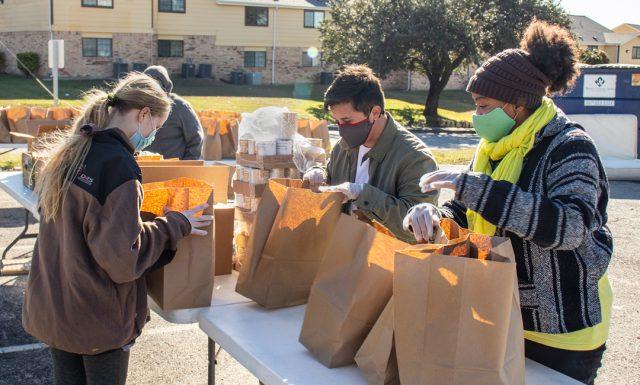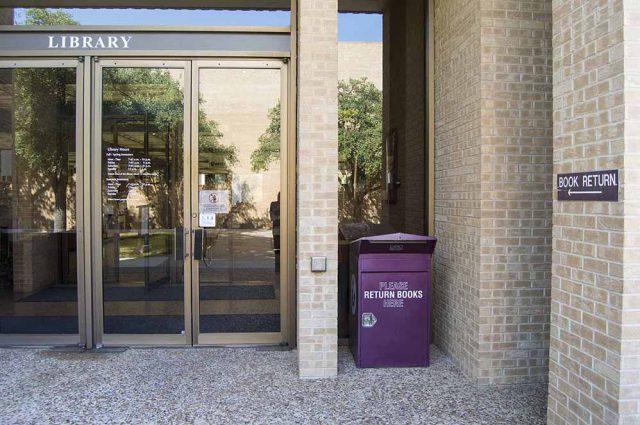Linda Puga
campus editor
Hispanic Heritage Month is a time for reflection on cultural roots for TR student Sarai Marquez.
Without her heritage and a family full of love and support, Marquez would be confined and unable to reach her full potential.
Though Marquez was born and raised in Fort Worth, her family was born in Ciudad Acuña, Mexico.
Marquez is grateful for her dad who worked countless hours and her mom who always took care of her and her three siblings.
“Although my family wasn’t rich, my parents never failed to provide a roof over my head, food to eat, and clothes to wear every single day,” Marquez said.
Today, Marquez’s family still prioritize the Spanish language and use it the majority of the time they speak to never lose that part of their heritage.
Marquez gained values such as love, respect and independence from her family. She said they will always be the people she can rely on no matter what.
“Being Hispanic is more than just a word, it’s about being there for your blood and showing respect,” Marquez said. “It’s about hard work and showing up when no one else does.”
TR student Pedro Gonzalez immigrated at 4 years old to the U.S. with his family from Jalisco, Mexico. Soon after, he started kindergarten.
“Due to the language barrier, my parents weren’t very active with my teachers or my assignments so I slowly began to develop a sense of responsibility,” Gonzalez said.
His responsibilities came quickly being the youngest of five siblings. By age 15, Gonzalez had his first job and worked all throughout high school.
“My hard working family have always raised the bar for me because time and time again; they’ve shown hard work makes everything achievable,” Gonzalez said.
Jan. 6 marks a special day for Gonzalez and his family where they celebrate “Dia de Los Reyes Magos,” also known as Three Kings’ Day or Epiphany.
Dia de Los Reyes Magos is a Christian feast day that celebrates the Wise Men’s visit when Jesus was born.
“This is my favorite tradition because this is one of the rare times in the year I get to see my whole family together,” Gonzalez said.
Spanish professor Janet Rodriguez is from Caimito del Guayabal, a small town in Havana, Cuba.
Even though her family was extremely poor, Rodriguez considered herself a happy child. A memory from home she will always remember is the first rainy day of the season.
“Every child would go outside,” Rodriguez said.“It was said that if you get wet that day, you would grow up to be handsome or pretty. It was so much fun to run in the rain splashing puddles.”
A big Hispanic family helped Rodriguez learn the meaning of selflessness. She still recalls the sacrifices her parents made for their children, always being the last to eat on days where food was scarce.
“It was not until we moved to the United States that I found out my mother preferred the breast of the chicken. In Cuba, she always had a wing,” Rodriguez said.
Rodriguez’s tight-knit family has helped her share both joys and sorrows and navigate through life’s challenges with people by her side.
From Ciudad Acuña to Jalisco to Havana comes just a handful of the many stories of lives being changed and the importance of the roots left behind that helped cultivate a
new life.




































